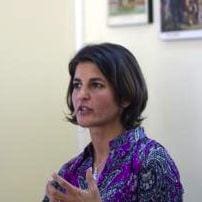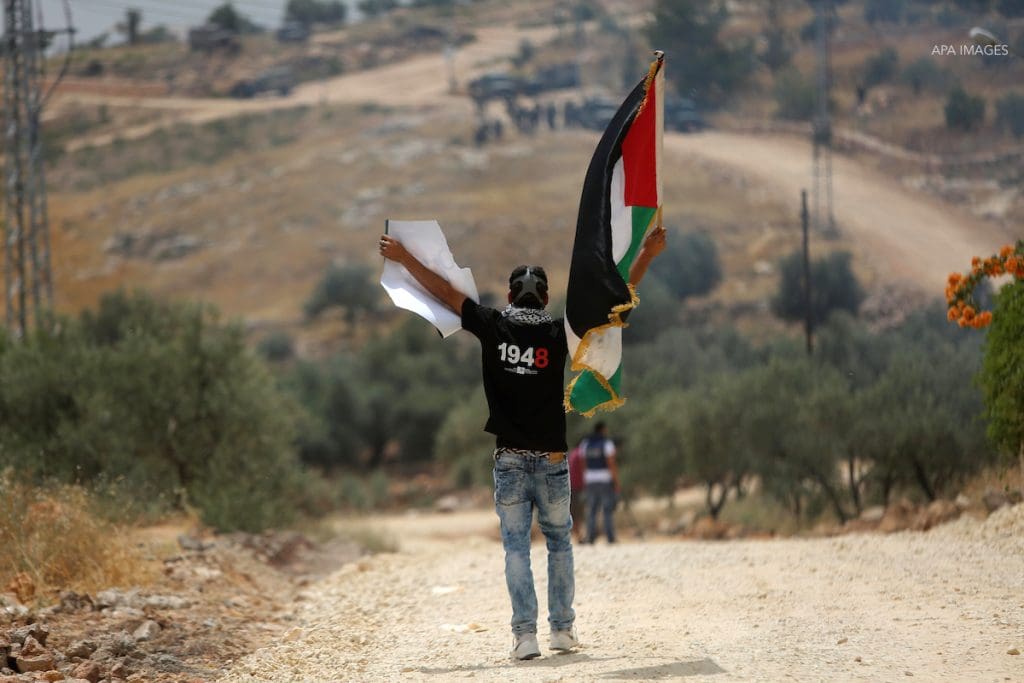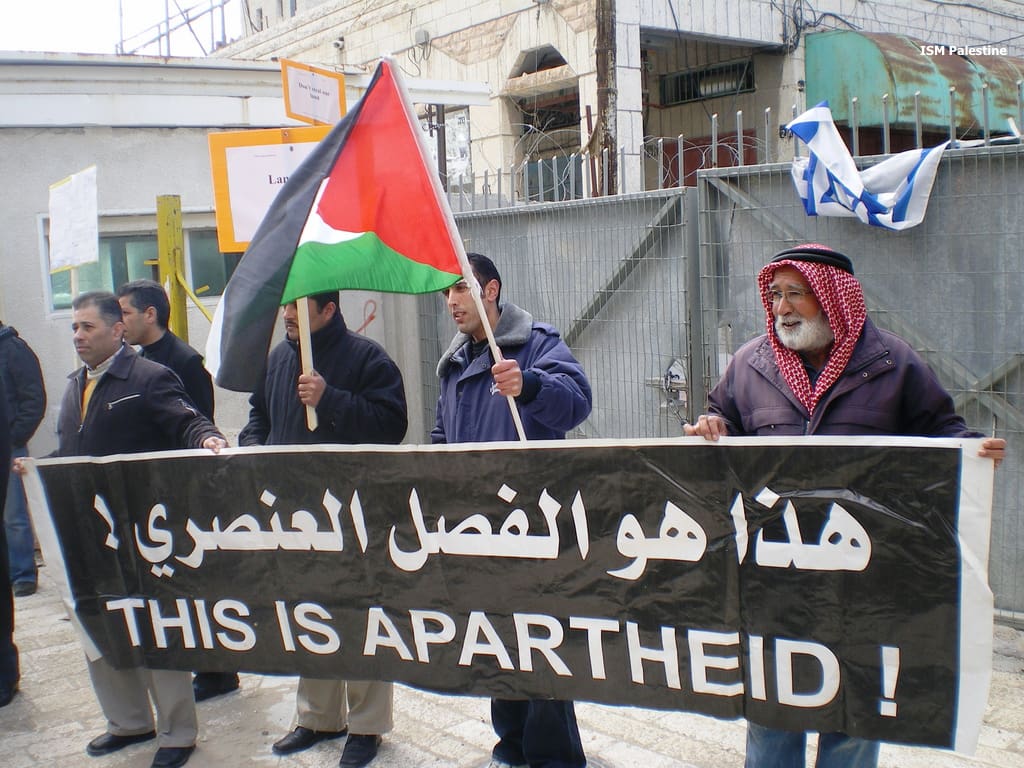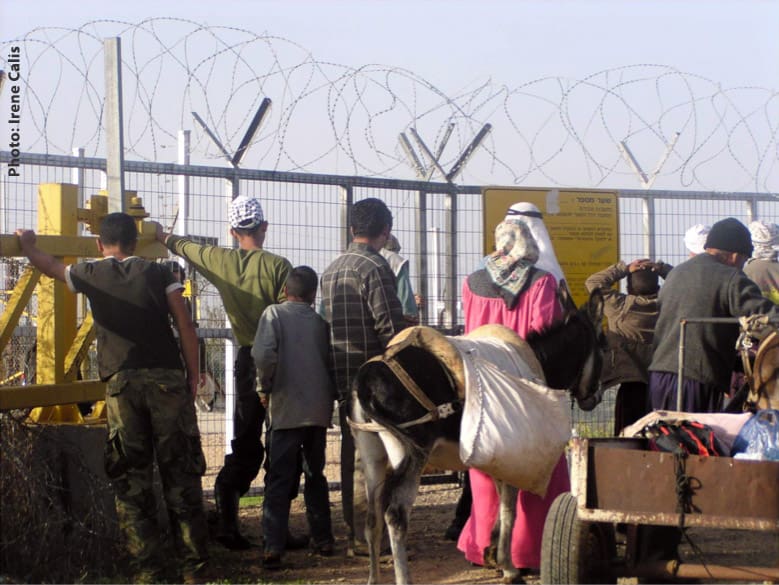Irene Calis is a de-colonial scholar, educator, and organizer in the department of Critical Race, Gender, & Culture Studies at American University, DC, where she is also the Director of Arab World Studies. Her research and activism, grounded in the Palestinian liberation struggle, focuses on emancipatory politics from the perspective of everyday life. Her current work on emancipatory futures situates the Palestinian struggle in a wider conversation with the global South, and in particular with indigenous-settler experience and intellectual thought. Calis holds a PhD in anthropology from the London School of Economics & Political Science.
From this author
Palestinians have perhaps never been more in need of a forward-looking vision to shape their struggle. On the Nakba’s 70th anniversary, Al-Shabaka analysts propose visions they contend would resonate with the greatest number of Palestinians – whether one-staters or two, refugees, exiles, citizens of Israel, or those under occupation – and map ways to get from here to there.

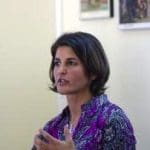

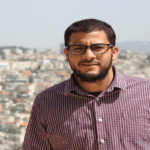
+
The Israeli right is poised to annex much or all of the West Bank while continuing to isolate Gaza – either through continued siege or by pushing it on to Egypt’s plate. Donald Trump’s stance on Jerusalem offers recognition of illegal annexation that could be just the beginning. And his drive to cut back the United States contribution to UNRWA could presage a campaign to definitively close the door on the rights of Palestinian refugees 70 years after Israel’s creation and the loss of Palestine.
An act of survivance is more than a reactionary struggle for existence. The term survivance, coined in Native American Studies, speaks to the active presence and continued dignity of native peoples, despite the ethnocidal policies of a settler colonial state.

Irene Calis· Jan 13, 2015









